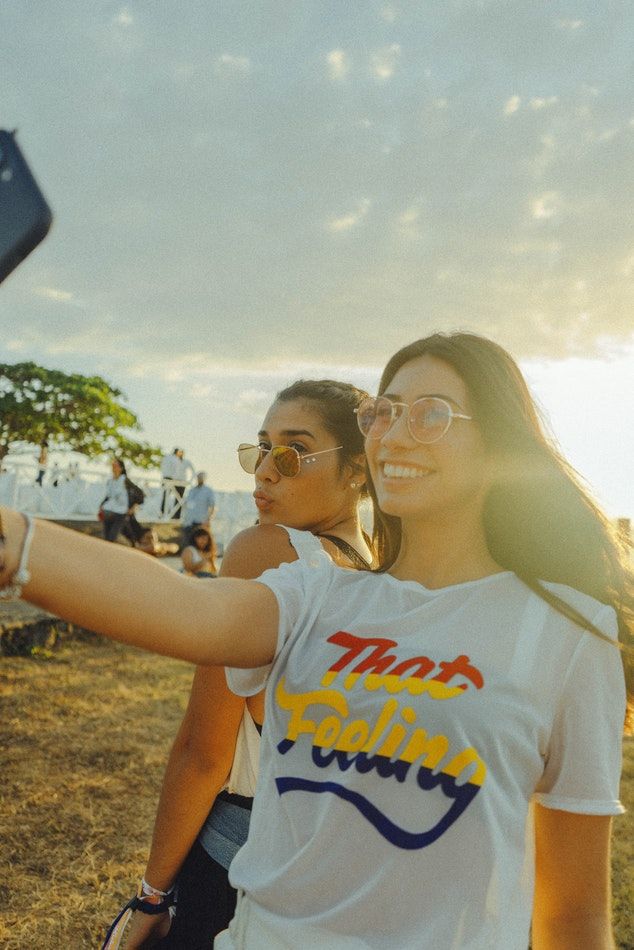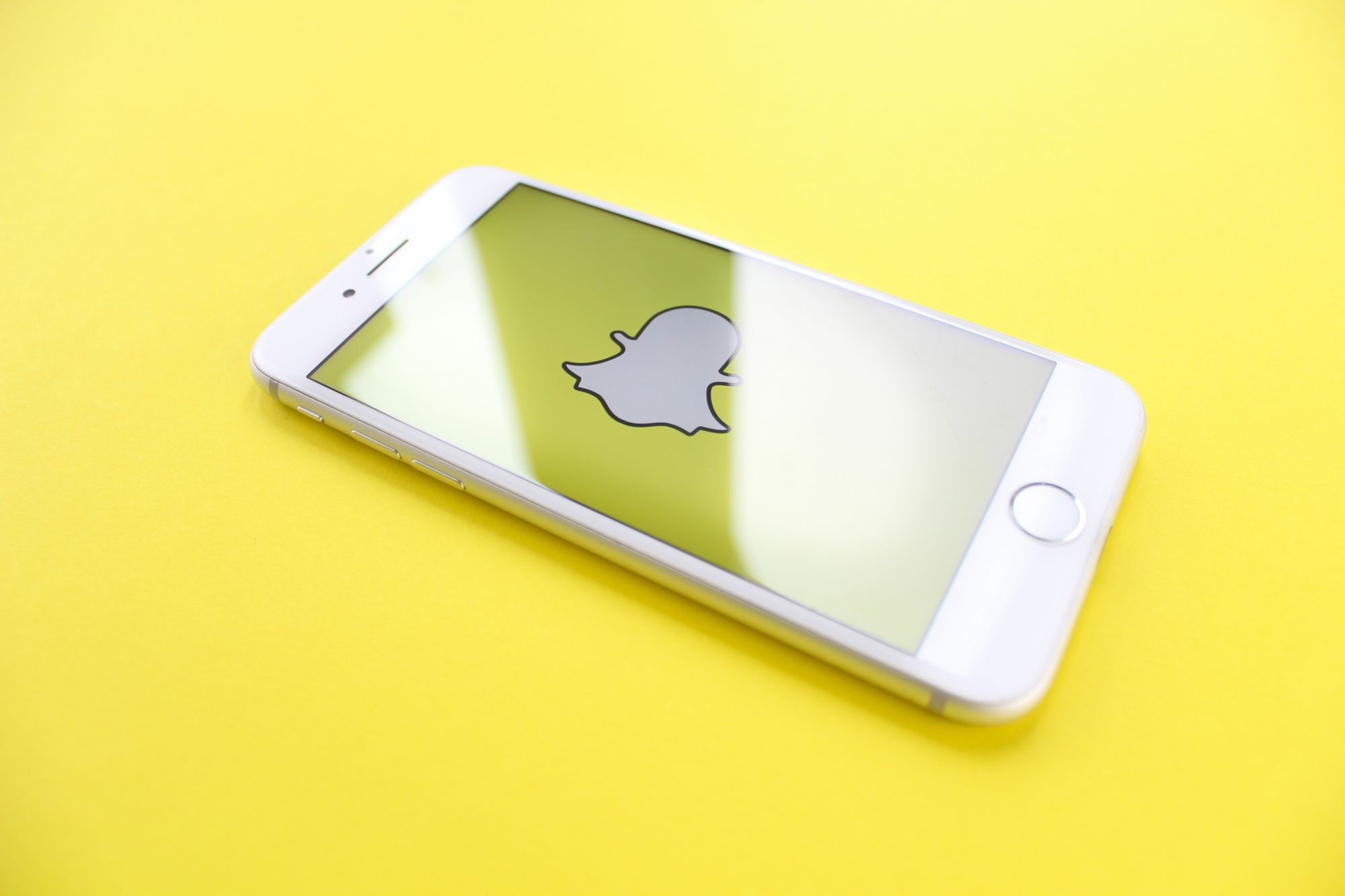Social media is having a major impact on appearance anxiety and leading to an uptick in plastic surgery. Psychologist Jamie Chiu explains how pernicious this modern phenomenon really is
Social media has changed the way we live, work, date and socialise—that much we know. But it has also radically transformed the relationship we have with the mirror, shaping our concepts of beauty and highlighting our flaws as we attempt to attain Instagram-approved heights of physical perfection.
Young people have always been more susceptible than most to appearance anxiety. Teenagers in particular have to come to grips with their new role as sexual creatures as their bodies and faces transform in front of their eyes. But whereas in the past, largely unobtainable beauty standards were shown through magazines or films, today teenagers are being bombarded with images of perfection on a constant basis on their phones.
“I work predominantly with teenagers as a therapist, and there is definitely a narrowing of what it means to be beautiful, not just for girls but also for boys,” says Jamie Chiu, a Gen.T honouree and psychotherapist in Hong Kong, who is also the co-founder of The Brightly Project, which harnesses the power of technology to help troubled teens and prevent bullying and suicide.



